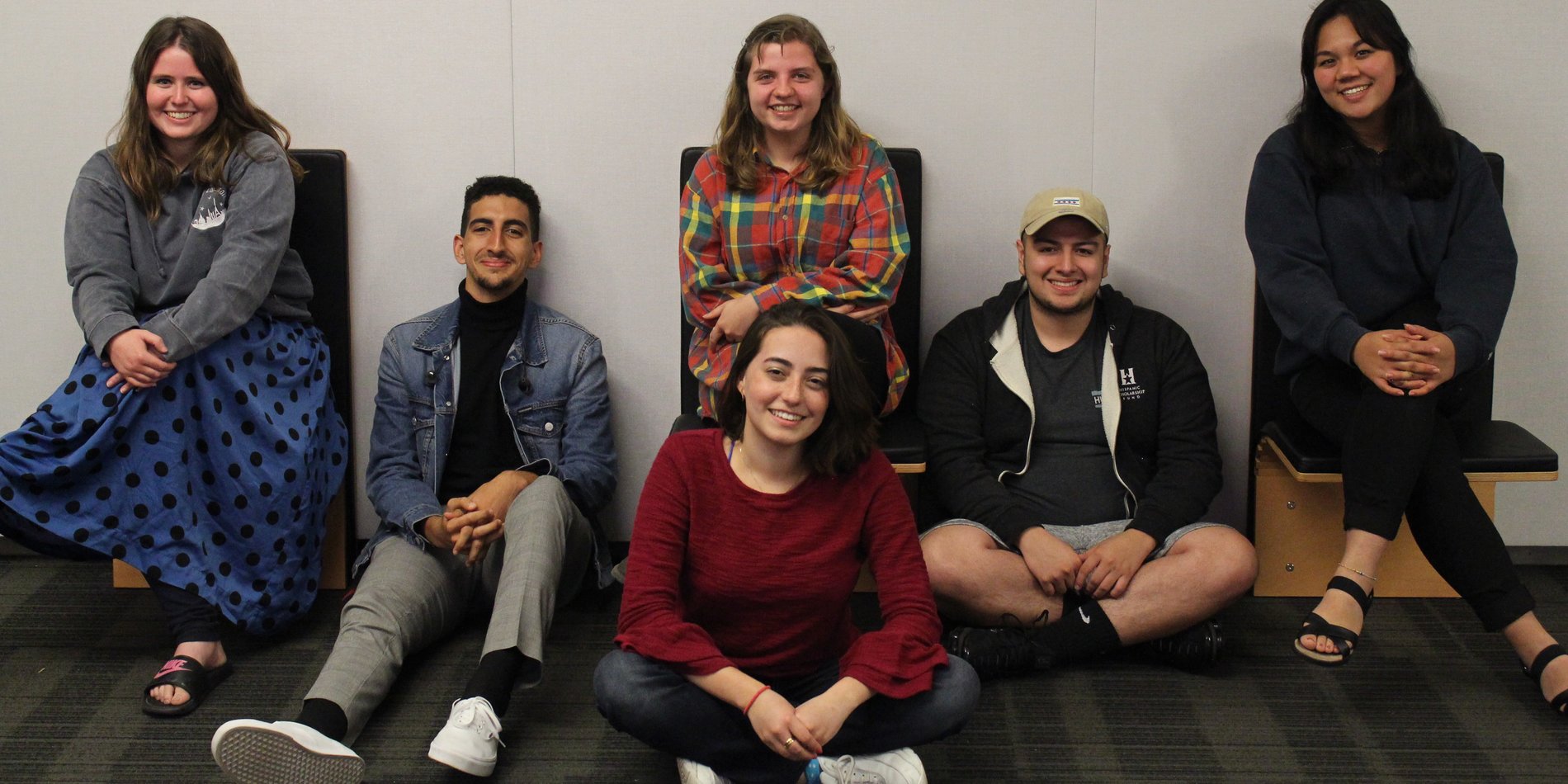Peer Learning Consultant Program
What We Do
Our learning consultants work with all Stanford students, including undergraduate, masters, PhD, and professional students as well as postdoctoral scholars. Peer Learning Consultants offer one-on-one academic coaching, workshops, study halls, academic studios, and academic programming such as the Accountability Partner Program to address a variety of academic skills.
The Peer Learning Consultant Program is organized into five divisions, each of which supports students in its own way: Peer Academic Coaching, Curriculum Design, Academic Skills Education, Program Coordination, and Special Projects. You can learn more about what we do and about each division below.
Peer Academic Coaching
Peer Academic Coaches are a specialized group of Peer Learning Consultants who are mid-to-late-stage graduate or professional students that are familiar with the academic challenges at Stanford. Our Peer Academic Coaches work alongside our Professional Academic Coaches to provide one-on-one academic coaching to all Stanford students. They also provide one-on-one completion coaching to help Stanford undergraduate students resolve any Incomplete grades received in the last academic year.
Learn about Academic Coaching Meet our Academic Coaches
Our Peer Academic Coaches also provide tailored academic skills workshops for the Stanford community including academic departments, student groups, bridge programs, residence halls, summer programs, community centers, and more. Learning consultants in this division also provide outreach (you may find them at tabling events and in your classrooms) and liaise with community centers, departments, and other campus partners to bring awareness of our programs and resources to the wider Stanford student community.
Our Learning Consultants will work with you or your group to develop and deliver an academic skills workshop or academic studio that fits your needs. Common topics include:
- Time Management: Structuring and managing a calendar
- Reading and Note-Taking Strategies: Strategies for reading texts and taking notes effectively
- Writing to Completion: Strategies for turning research and ideas into a finished written product
- Learning Skills: Tips on managing procrastination, attention, motivation, and test preparation
- Goal Setting: Best practices for creating realistic goals and achieving them
- Communicating Effectively with your Mentor/Advisor: Managing a healthy and productive mentor/mentee or advisor/advisee relationship
- Research Skills: Strategies for successfully navigating academic research
- Mindset: Developing a growth mindset
Request a Workshop or Studio from a Peer Learning Consultant
Curriculum Design
Curriculum Designers are undergraduate or graduate students, responsible for the creation of presentation, workshop, studio, and academic programming content, as well as academic skills handouts and other asynchronous resources. They also brainstorm and develop innovative ideas and re-envision existing materials into a more accessible and engaging manner for students.
Program Coordination
Program Coordinators are responsible for managing and facilitating academic skills events such as our study halls and time management refreshers. They are also responsible for managing the logistics for academic programming, events, workshops, study halls, and academic studios. They provide administrative support for the other four divisions and ensure operational efficiency of the Peer Learning Consultant Program.
Strategy and Operations
PLCs in the Strategy and Operations Division are responsible for the creation, administration, and development of specialized projects within the Peer Learning Consultant Program, with each PLC chosen for oversight of a specific project. The Strategy and Operations Division offers interested students the opportunity to set their own schedules and freedom to pursue independent work, as well as assigned tasks, that are both relevant to programmatic needs and their personal expertise, all in the spirit of continuous improvement of the PLCP. Current examples of roles that fall under this division include Graphic Designer and Frontend Web Developers.
Communications
The Communications Division is comprised of undergraduate and graduate students who seek to increase awareness of CTL's student learning programs and events across campus, promote practical, evidence-based learning strategies, and foster a culture of academic resilience at Stanford. Team member responsibilities include graphic design, social media content creation, and copywriting. Projects include creating program and event flyers, developing visual and written content for Instagram, and contributing to CTL's weekly academic skills newsletter.




